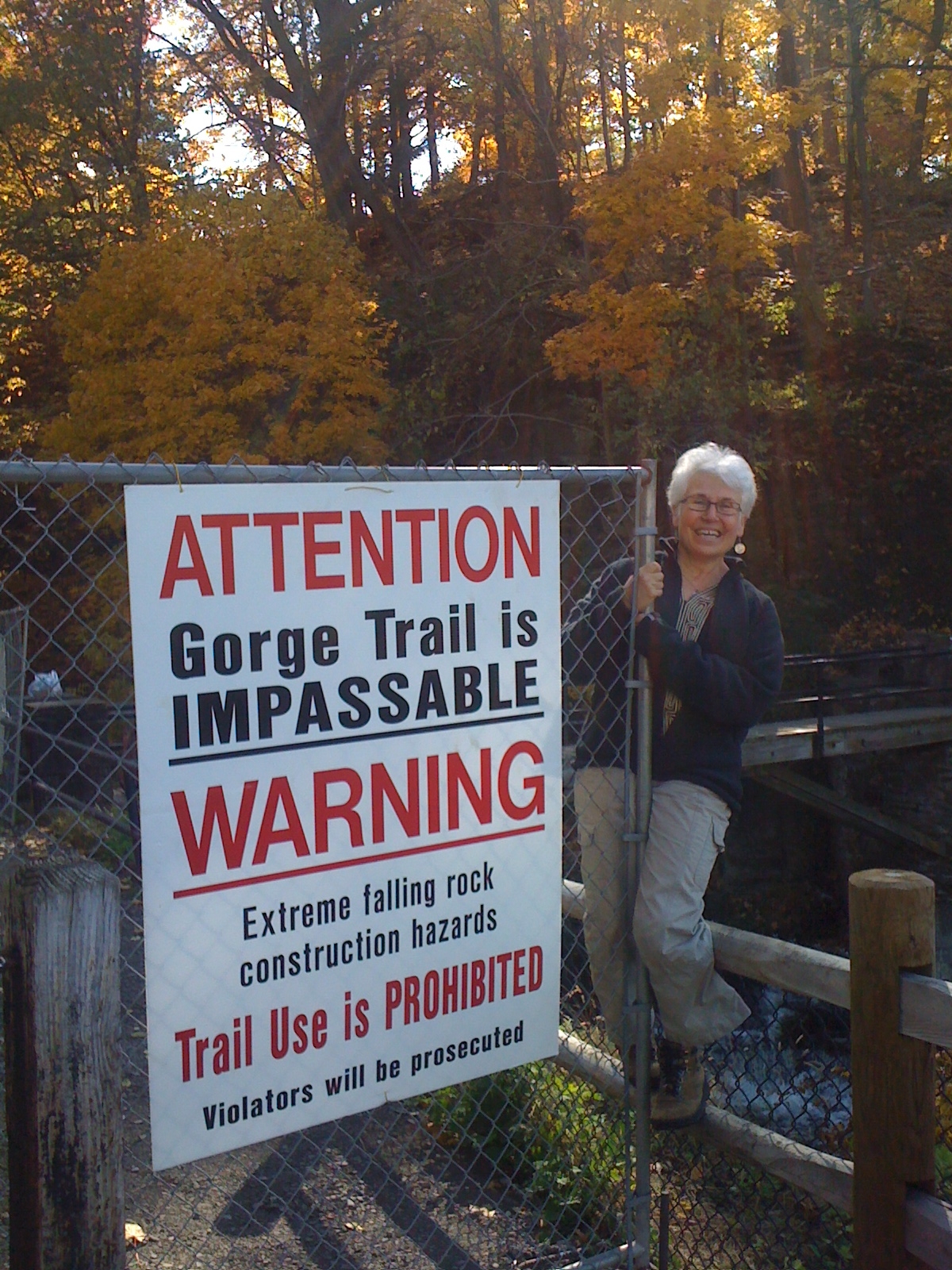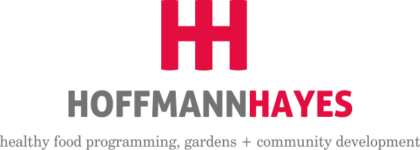 In this Food Makers & Changers interview, we get to know food movement leader and legend Harriet Friedmann!
In this Food Makers & Changers interview, we get to know food movement leader and legend Harriet Friedmann!

About Harriet:
Harriet Friedmann is a Professor Emeritus of Sociology and Fellow at the University of Toronto, and Visiting Professor of Agrarian, Food and Environmental Studies at the International Institute of Social Studies (ISS) of Erasmus University Rotterdam in The Hague. Her publications in several social science disciplines span several aspects of food and agriculture, notably through the food regimes approach which she developed with Philip McMichael, and which continues to shape debates in agrarian studies. This includes emergent governance for possible food system transformation across scales, from urban regional foodsheds to the biosphere and ethnosphere. Her current project is Global Political Ecology of Food. Friedmann was Chair of the Toronto Food Policy Council within Toronto Public Health in the 1990s, and is now in her third term as councilor. She serves on several editorial boards of food, agriculture, and global change journals and the boards of USC-Canada (Seeds of Survival projects across the world), the Toronto Seed Library, and the International Urban Food Network. She served as Chair of the Political Economy of the World-System Research Section of the American Sociological Association, and participated in the IAASTD Global Report. She received the 2011 Lifetime Achievement award by the Canadian Association of Food Studies. www.harrietfriedmann.ca
What is one change you’d like to see happen within the food system and why?
Reorganize land laws, regulations, markets and infrastructures to help good farming and good farmers to thrive and to enhance the quality of soils, waters, wetlands and forests. And in ways that make the plants and animals they raise available to all.
If you could only have three vegetables for the rest of your life, what would they be and why?
Rapini, which I discovered only a few years ago and would consider my life impoverished without; can’t it be grown in Ontario?
Carrots, so versatile, so colourful, so tasty, raw and cooked.
Do onions and garlic count? Couldn’t live without them. If they don’t, then greens like spinach, mustard, collard, you name it.
What has been your most meaningful and rewarding work to date?
I have been so lucky to stumble on “food studies” decades before it had a name. I thought I was studying peasant revolutions, then world markets and family farms, but all along I was studying the histories and journeys of one crop after another, and pretty soon I was studying “food regimes,” which includes all that and more.
If you could only have one non-local food for the rest of your life, what would it be?
Does rapini have to stay imported? If someone could please grow it here, I would have a tough choice among banana, mango, and avocado.
Where do you stand on local vs organic vs simply eating whole foods? What are your personal priorities when it comes to your own diet?
Living all the contradictions. We can make ourselves more conscious as we shop, but we can’t change the food system by shopping. I like the Soil Association’s view that healthy soil makes healthy plants makes healthy animals and humans. Getting there seems to be a matter of figuring out over and over how to forge the better path to the future than the big highway of monocultures and processed foods.
What would surprise most people about your history with food (and/or embarassing food stories)?
Maybe childhood experience in Cajun villages in Louisiana. I was so lucky to be invited to a weekend visiting friend’s grandma, running freely around the village watching people pulling in huge nets of squirming shrimp, making sausage with intestines in a manual machine, and eating squirrel that her older brother shot (they told me after I ate it).
Who do you most admire in the food movement?
Even tougher choice than vegetables. Here in Toronto, Rod MacRae helped me understand a lot during the 1990s, when he worked for Toronto Public Health as coordinator of the Toronto Food Policy Council and I was Community Chair, and who helps so many now understand the arcane details of policy change. Abroad, Tim Lang who was our inspiration in forming the TFPC when he was head of the London Food Commission, now the London Food Board, and who has such profound insights into larger food system change. And internationally, Olivier de Schutter, who expanded definitions of food systems and of rights in so many directions when he was UN Special Rapporteur on the Right to Food, and continues to do it as head of IPES-Food — their latest project is to replace the European Common Agricultural Policy with a Common Food Policy. Also, Frankie Lappe, whose Diet for a Small Planet from more than forty years ago reads amazingly well today—analysis plus recipes.
What is your favourite season and why?
Spring. Happens here before your eyes, buds budding, flowers opening…An Indian friend who spent winter months here said, “I’m so glad I was here to see this.”
Do you have any advice for newcomers to the food movement, and how they can make a contribution?
Find the places to figure out what is needed and how to connect with others to do, like the TFPC or the Faculty of Environmental Studies at York, or the Centre for Social Innovation or…
Do you have any advice for veterans of the food movement?
We are all trying to get to the same place. We need to be aware of how to make short-term actions like feeding people take us towards and not away from the distant shore we are all sailing towards. We have to be quick to adjust the sails with changing winds and waves, and also patient during the doldrums when the wind dies down and ready to get back in the boat if we capsize.
If you came back to earth for three more lifetimes, what life form would you choose to be and why?
Human, human, and human. What a gift! And I hope to live each life to be worthy of coming back as a human.
What do you daily or weekly to try and be a part of the solution when it comes to creating a sustainable food system?
Pollinate! My favourite thing is to put people in touch with each other to help everyone follow their bliss in food system change.
Cook and eat as consciously as I can; and write — figuring out where we are, how we got here, and where we might go.
What is one of your favourite memories of eating in community?
So many! I’ll choose Vail Coop, where I lived as an undergraduate in the 1960s. There were a total of fifty roomers and boarders, and cooking one dinner was someone’s four-hour work duty for the week. I did it once, which put me off meat for a while. Mainly, I got to try so many foods of the world, cooked by graduate students from Japan or Ethiopia or other places. This was a time when students didn’t eat out (except hamburgers) and there weren’t many immigrants opening restaurants in most places.
Is there a fruit or vegetable that you just won’t eat?
Durian
A quick summary of your approach to community development
Collaboration, flexibility, learning to work positively with power of all kinds.
What issue/passion inspires you to keep doing the work you do day after day?
What makes the world beautiful? I love it.
Favourite junkfood?
Does dark chocolate count? Probably too expensive. My annual dip into potato chips.
Learn more about Harriet at http://harrietfriedmann.ca/
This post is part of the HH Food Makers and Changers series, introducing you to friends in the food community that are making a big difference.
